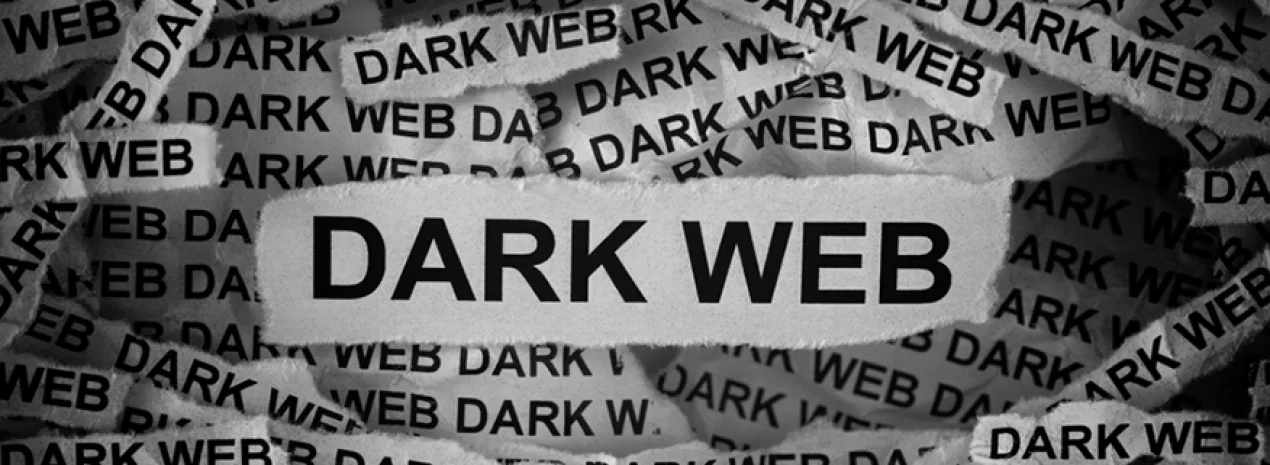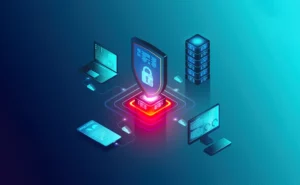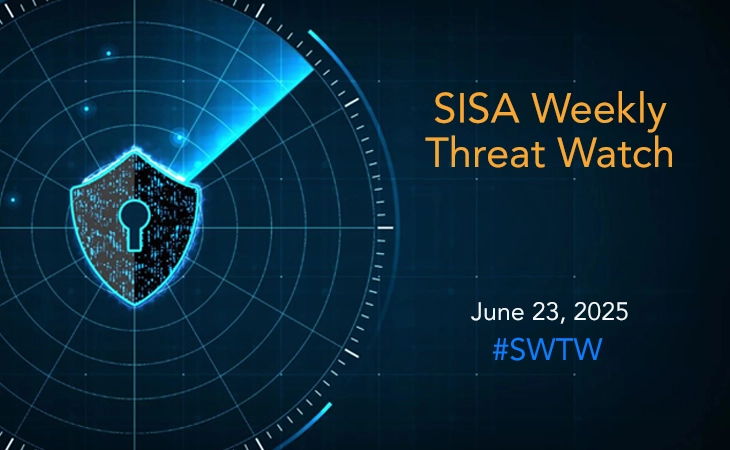

What is Dark Web Monitoring and why should businesses care about it
Dark web monitoring is a specialized cybersecurity service focused on scouring the dark web for traces of a business's sensitive data. This includes monitoring for stolen credentials, confidential information, customer data, and trade secrets that might be up for sale or exchange.
In an era where digital footprints are as critical as physical ones, cybersecurity emerges as the backbone of modern business integrity. Among the various facets of cybersecurity, dark web monitoring stands out as a critical, yet often overlooked, component. But why is this shadowy corner of the internet significant for businesses, and what does monitoring it entail? This blog post aims to demystify dark web monitoring, illustrating its importance in the contemporary business landscape.
Understanding the Dark Web
Before delving into dark web monitoring, it’s essential to understand what the dark web is. The internet is broadly divided into three parts: the surface web, the deep web, and the dark web.
- The surface web or the World Wide Web (WWW) includes websites indexed by search engines, like Google. This represents a mere 6-10% of the entire internet.
- The deep web is a vast expanse containing data not indexed by search engines, like personal email accounts, secured company databases, corporate internal networks (intranets) and private information held by individuals. Most of the internet, around 90-94%, comprises the Deep Web.
- Lastly, the dark web or dark net is a small, hidden and encrypted part of the deep web, accessible only through specific software like Tor.
Often shrouded in notoriety, the dark web is a digital back-alley where anonymity reigns supreme. This obscurity, while facilitating privacy and free speech, also paves the way for illicit activities, including the trading of stolen data and credentials. It’s this murky aspect of the dark web that necessitates vigilant monitoring by businesses.
What is Dark Web Monitoring?
Dark web monitoring is a specialized cybersecurity service focused on scouring the dark web for traces of a business’s sensitive data. This includes monitoring for stolen credentials, confidential information, customer data, and trade secrets that might be up for sale or exchange.
Why should businesses monitor the dark web?
Today, businesses confront a multitude of challenges. Among them, the enigmatic dark web stands as a formidable threat, often lurking undetected. But what makes this shadowy realm so pertinent to the corporate world? Here are some compelling reasons.
Prevention of data breaches: By monitoring the dark web, businesses can detect if their sensitive data is compromised. This early detection is crucial in preventing larger data breaches.
Maintaining business reputation: Trust is a company’s most valuable asset in the information era. A company’s reputation can be severely damaged if customer data is found on the dark web. Monitoring helps in taking swift action to protect both customers’ and the company’s image.
Compliance and legal obligations: Many industries have regulations requiring the protection of sensitive data. Dark web monitoring can be a part of fulfilling these legal obligations.
Protection of intellectual property: Businesses spend years developing products, services, and brand reputations. The dark web can be a marketplace for stolen intellectual property, trade secrets, and confidential data. Monitoring helps companies detect any unauthorized distribution or sale of their proprietary information.
Strategic security insights: Information gleaned from the dark web can provide valuable insights into potential threats and competitive intelligence, aiding in strategic risk management.
Conclusion
Although a small part of the internet, the dark web poses significant threats to businesses worldwide. Companies must be proactive in safeguarding assets, reputation, and trust. By incorporating dark web monitoring into their cybersecurity strategies, businesses can better protect themselves against the ever-evolving threats of the digital age.
Latest
Blogs
Whitepapers
Threat-a-Licious
Customer Success Stories

SISA is a Leader in Cybersecurity Solutions for the Digital Payment Industry. As a Global Payment Forensic Investigator of the PCI Security Standards Council, we leverage forensics insights into preventive, detective, and corrective security solutions, protecting 1,000+ organizations across 40+ countries from evolving cyberthreats.
Our suite of solutions from AI-driven compliance, advanced security testing, agentic detection/ response and learner focused-training has been honored with prestigious awards, including from Financial Express, DSCI-NASSCOM and The Economic Times.
With commitment to innovation, and pioneering advancements in Quantum Security, Hardware Security, and Cybersecurity for AI, SISA is shaping the future of cybersecurity through cutting-edge forensics research.
Company
Resources
Quick Links
Copyright © 2025 SISA. All Rights Reserved.
 USA
USA India
India APAC
APAC Middle East
Middle East Global
Global





 Facebook
Facebook Linkedin
Linkedin  X
X Youtube
Youtube





